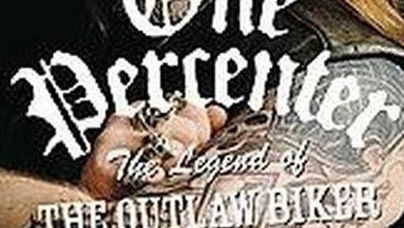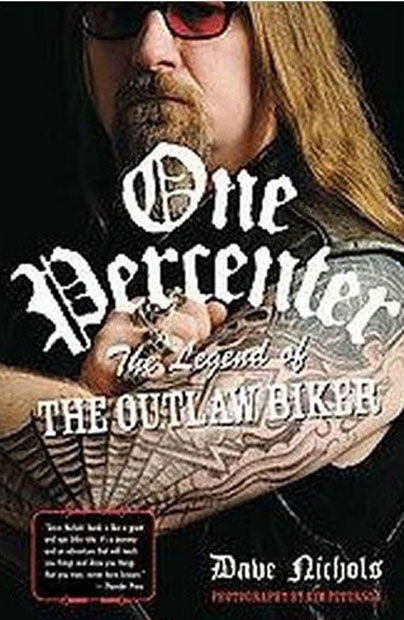Biker outlaw patch 'stands for honesty'
Odd claim helps Swiss biker avoid deportation from Canada


BIKER Uwe Weser successfully avoided deportation back to his native Switzerland after a Canadian tribunal rejected the Immigration Department's case that the 67-year-old's former membership of the Vagos Motorcycle Club ties him to criminal activity.
The Immigration and Refugee Board tribunal said Canada's Immigration Department failed to establish that Weser, who moved to Quebec with his Canadian wife last year, had engaged in illegal activity.
The evidence presented against Weser included the '1%' patch he wore on his club 'colours', seen in photos of Weser, photos of him with Hells Angels members, a Hells Angels T-shirt and an address book containing phone numbers of Hells Angels members. These were found by Canadian customs agents searching a shipping container full of Weser's belongings arriving from Switzerland.
At Weser's deportation hearing, Sgt Alain Belleau, Quebec's co-ordinator for biker intelligence, said that the 1% patch denotes a club's involvement in criminality. The reference is said to date from the 1950s, when the American Motorcyclist Association allegedly stated that 99 per cent of motorcyclists were law-abiding citizens; those bikers who revelled in being outlaws proudly claimed to be the 1%, and '1%' inscribed inside a diamond shape became a piece of biker gang iconography, in the form of tattoos, jacket patches or engravings on bikes.
But Weser, who has no criminal record, said the patch was a symbol meaning 'honesty, openness and respect' and that the Vagos Club was only a social group of motorcycle enthusiasts.
The IRB accepted his defence, saying: "Mr Weser’s wearing the 1% symbol is insufficient to conclude that Mr. Weser, or the members of the Vagos, commit, or have ever committed, offences that are part of a pattern of planned and organised criminal activity."

